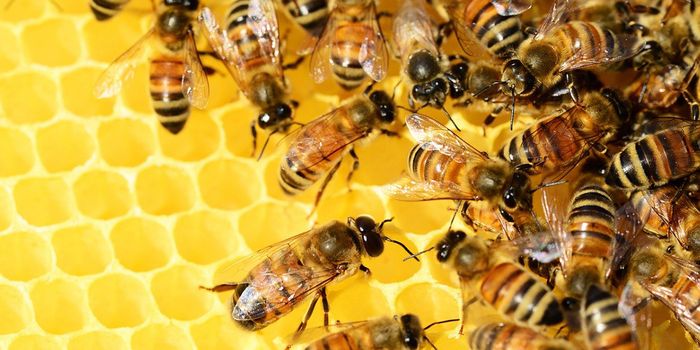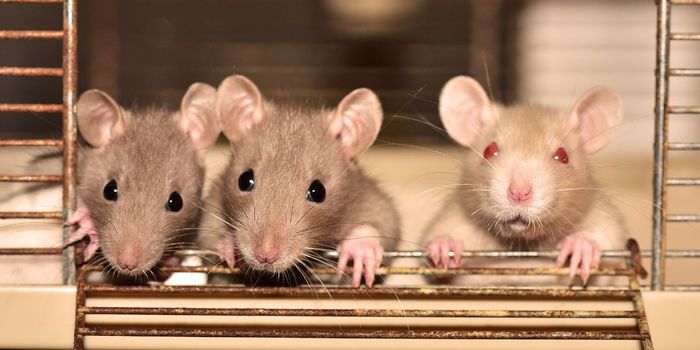Nurturing a love of science can benefit children throughout their lives. Kids are naturally curious, and teaching them how to think critically at an early age can help develop good problem-solving skills, which can help build confidence.
A report by Michigan State University suggests that when children ask questions, it's good to help them figure out some of the answers on their own through observation and experience. Kids can be encouraged to try to come up with explanations for an event or to predict what might happen by themselves. It can be positive for children to know that it's alright if we don't always have an answer for a question, or if we aren't sure of the answer, and to learn how our assumptions affect what we know or expect.
This video from The Royal Institution of London has some great suggestions for creating science experiments that kids ages four to ten can do at home. They've got tips on how to respond to what might happen and instructions for how to construct these experiments (click through or watch until the end). Importantly, this is supposed to be a fun exercise and is relaxed and amenable to variation.








